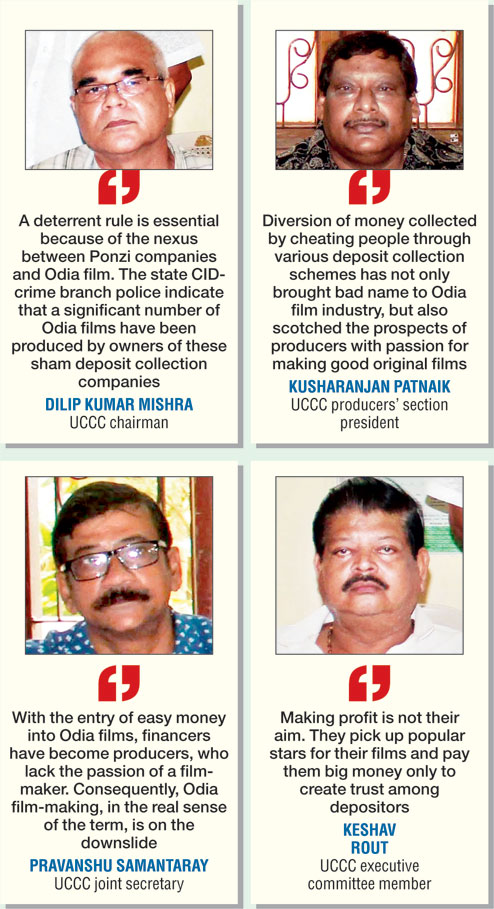NOT SO SWACHH PICTURE

Pictures by Ashwinee Pati
Bhubaneswar, Oct. 2: Two years after the Swachh Bharat Mission was launched, the city is far from being clean. Much of the reason for the failure rests on the municipal corporation's apparent lack of concern to fulfil the mission's objectives of a clean and hygienic city by 2019.
Launched two years ago on Gandhi Jayanti, the mission's failure is evident in the garbage strewn all over the city and the continuing practice of open defecation.
According to the fixed targets, the Bhubaneswar Municipal Corporation was tasked to construct 15,208 individual household latrines during 2015-16 and another 19,596 during 2016-17 to make the city free from open defecation. However, the civic body has so far managed to build only 1,924 latrines.
"The government gives us Rs 5,333 to build a household latrine, which is not enough. Moreover, in the absence of community toilets, we are forced to urinate and defecate in the open. What will we do if the facilities are unavailable, where will we go? The government is also irregular in distributing the money," said Chinmayi Jena of Palasuni.
When it comes to the construction of public and community toilets, the civic body once again disappoints. It was supposed to construct 27 public toilets and 26 community toilets in various parts of the city, but in reality only one public toilet has been built and not one community toilet.
"According to standard norms, there should be one public toilet for every 100 persons. So, the city needs 10,000 public toilets for its 10 lakh-odd population. I don't think that the civic body will be able to provide us that many when they are unable to construct a mere 50 toilets. They should think about it," said Nayapalli resident Krishna Chandra Rath.
In May, the civic body undertook constructing hybrid toilets under the Atal Mission for Rejuvenation and Urban Transformation (Amrut), which will serve the purpose of both community and public toilets. The project was taken up in joint collaboration with Sulabh International.
Under the hybrid toilet project, the city was to get nearly 150 such facilities by the end of 2019. Again, the performance of the civic body has been poor. Sulabh, which will build the toilets, has only got 15 sites while the others are yet to be identified and taken over by the municipal corporation.
Solid waste management is yet another failure. According to the fixed target, the civic body was asked to complete the waste-to-energy plant at Bhuasuni by the end of March. But, not even a brick has been laid for the project.
Another milestone to be achieved by the city civic was 100 per cent door-to-door collection of municipal solid waste followed by segregation and processing in a scientific manner. So far, the civic body has covered 90 per cent of households in the city when it comes to door-to-door collection of waste, but segregation of the waste is almost zero.
Mayor Ananta Narayan Jena, however, defended the corporation's work and said hybrid toilets were being built on a war footing while the field was now clear to begin work on the waste-to-energy plant at Bhuasuni. "We had problems at the Bhuasuni dump yard recently, as local residents opposed the move. But, we are determined and will begin work on the project. We will take police protection if required," said Jena.











